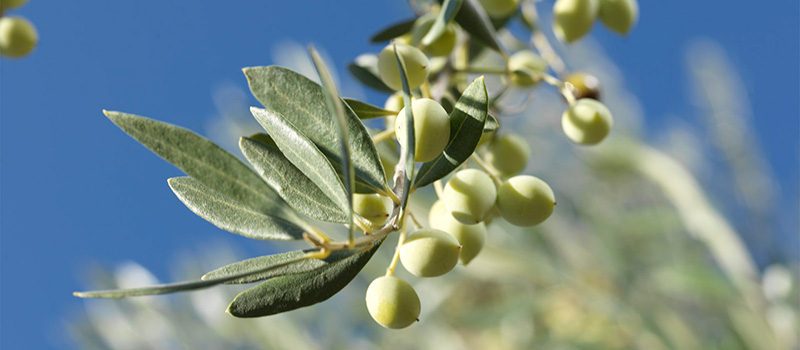The history of the olive tree
Greek Mythology
According to myth, Poseidon and Athena competed against each other for the Kingdom of Attica. Poseidon, “God of seas”, struck his trident to the ground and a well of saltwater was formed granting the Greeks with a means of trade and water which however was non potable. Athena on the other hand a “Goddess of wisdom and justice” gave them the olive tree and with it its many beneficial properties. Poseidon who probably foresaw the outcome was outraged and challenged Athena, but Zeus intervened ordering the formation of a divine tribunal of Olympian deities. Cecrops, the mythical king, sided with the Goddess and on accepting her gifts, Athena became the patron deity of the Athenians who in her honor named the new city after her.
Displeased by the outcome the God of seas tried to set fire to the tree using a thunderbolt. To his dismay he realized the next morning that the tree had re-grown. Local legend says that after all these centuries the original olive tree still stands at this ancient sacred site.
Born to the mortal Alcmene and the “Father of Gods and men” Zeus, Hercules is a well-known mythological hero famous for his “twelve labors“ given to him by king Eurystheus of Tiryns. A lesser known myth from Hercules’s early adulthood recalls the tearing of a wild olive tree from the soil of Mount Helicon which was shaped into a club and used to slew the Lion of Cithaeron. After killing the lion, he removed its pelt and wore it over himself, an act that is often confused with his first labor the strangling of the Nemean Lion.
The son of Apollo and the huntress Cyrene was Aristaeus. A minor God in Greek mythology, who was taken by Hermes, raised on ambrosia and trained in useful arts and mysteries by the Myrtle-nymphs. He was taught how to cultivate the wild oleaster and make it bear olives. By passing his knowledge on to others he was paid divine honors and became a culture hero.
Ancient Greece
Homer claimed in his writings that the ancient olive tree growing in Athens was already 10,000 years old. He also stated that destroying an olive tree was prohibited and any such action would be viewed as capital punishment by the Greek court.
In 775 BC Olympia, Greece, at the site of the ancient Olympic stadium, athletes trained and competed in their respective sports with the winners triumphantly acclaimed and crowned with a wreath made of olive twigs.
The Greeks began olive cultivation in 700 BC. The sacred lamp that was used in ancient Greek culture for lighting dark rooms at night was fueled by olive oil. Aged olive oil was also used in sacred anointing rituals of the church at weddings and at baptisms, a ritual still continued today.
Solon an Athenian reformer and poet, in his economic reforms encouraged the cultivation of olives and prohibited any other produce to be exported.
Since 566 BC, the famous Panathenaic Games were held every four years in Athens, ancient Greece, celebrating the honor of the goddess Athena. During the games, religious festivals, ceremonies, cultural events and competitions were held. For the winners, the prize consisted of an amphora filled with olive oil produced by olives from the sacred olive fields of Attica.
Herodotus wrote in 500 BC, that the growing and exporting of olives and olive oil were so sacred that only virgins and eunuchs were allowed to cultivate olive trees.
The first documented plantings of olive trees predate the discovered Mycenae olive fossils by about 1100 years and are believed to have occurred on the island of Crete by the Minoan civilization.
The ancient Greeks mastered the art of pressing the precious oil from the fruit of the olive tree. Archaeological studies prove that Greece has been producing high quality olive oil for more than 4000 years.









